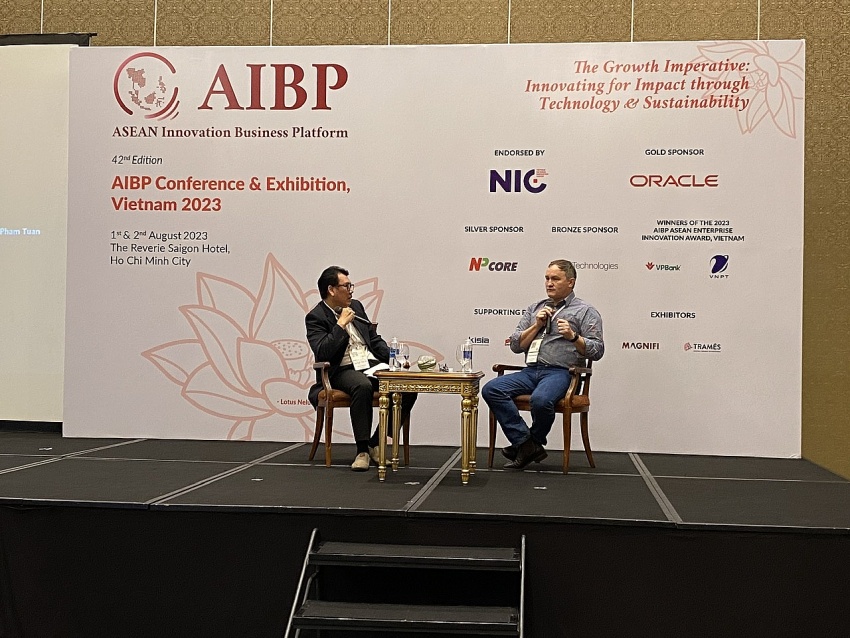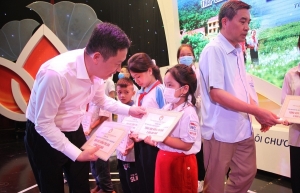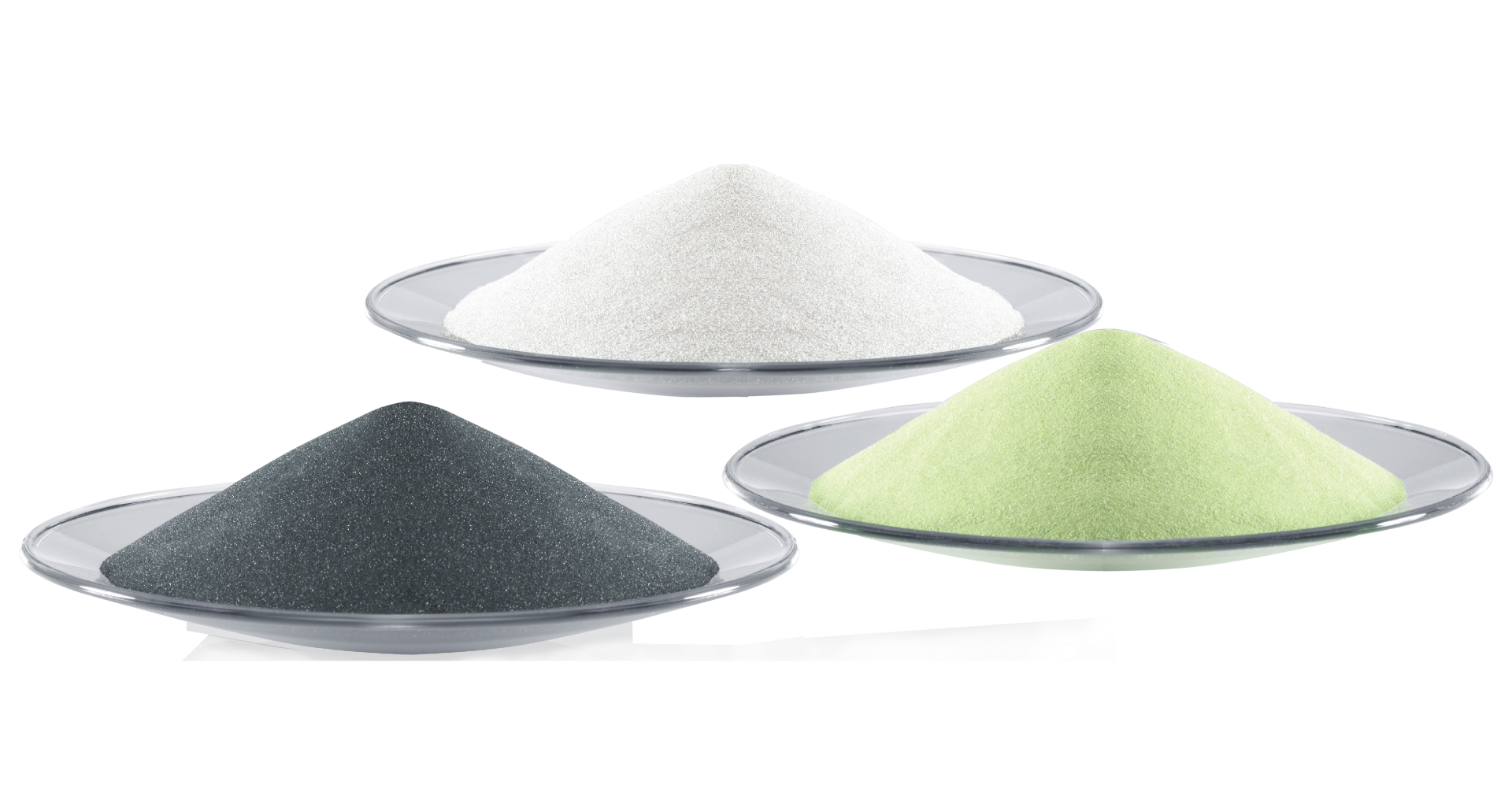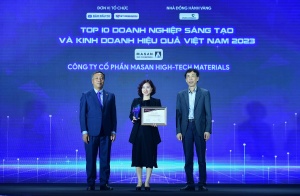Masan High-Tech Materials ready for resilient manufacturing
In the face of challenges in the digital era, MHT has actively implemented various IT and digital applications in its operations to enhance production efficiency, management, and minimise environmental impact.
According to Craig Bradshaw, CEO of MHT, top priority must be reserved for ASEAN manufacturing business in implementing digital solutions to drive revenue growth and improve customer experience.
“To grow and succeed, from both the sales and customer side, it is important to access data and leverage AI to give real-time solutions,” Bradshaw said in the ASEAN Innovations Business Plattform (AIBP) Conference & Exhibition with the theme “Driving Digital Ecosystems in ASEAN” held by AIBP ASEAN in Ho Chi Minh City on August 1 and 2.
 |
| Craig Bradshaw, CEO of MHT in the ASEAN Innovations Business Plattform (AIBP) Conference & Exhibition with the theme “Driving Digital Ecosystems in ASEAN” held by AIBP ASEAN in Ho Chi Minh City on August 1 and 2 |
“We utilise AI to understand our facilities and identify opportunities to improve the throughput and low-cost efficiency, analyse the equipment performance to optimise for 30-35 per cent improvements. This has put our company in the forefront of the industry,” said Bradshaw.
In terms of sustainability, given the limited resources in the industry, sustainability to MHT means doing more with less, while at the same time not harming the environment.
“With greater efficiency in processing and production, we provide products, unique to applications and environmentally sustainable,” he added.
Moreover, MHT’s investments are focused on technologies that allow a lower carbon footprint, but the ones that are good for the environment.
The company utilises steam to convert to gas, reducing 80 per cent of using natural gas, 80 per cent of green tungsten comes from the recycling process.
'In Vietnam, 76 per cent of water of MHT is recycled and put back into the production process. Our Germany subsidiary H.C. Starck Tungsten Powders developed an innovative process for high-pressure reverse osmosis in the production of tungsten chemicals which significantly reduces energy consumption and CO2 emissions compared to conventional processes," said Bradshaw.
"Our innovative approach of membrane technology reduces energy consumption by more than 95 per cent at a production volume of around 1,000 tons of AMW a year. At the same time, this scenario reduces climate-damaging CO2 emissions by around 900 tons, a real win-win situation for the company and the environment alike."
The winning strategy is looking at reducing fixed costs, instead of investment in equipment, we invest in technologies, aiming at high production throughput.
"We use AI data real-time analytics to look at ways to improve multiple parameters and find out new production formula to improve throughput rates. This will help increase our competitiveness in the market," he added.
Masan High-Tech Materials is the global leader in providing advanced tungsten materials used in key industries such as electronics, chemicals, automotive, aviation and aerospace, energy and pharmaceuticals with production facilities in Vietnam, Germany, Canada, and China, servicing the world.
As the largest manufacturer of mid-stream tungsten products outside of China, the company has two research and development centres in Germany and Vietnam, and it is currently operating the Nui Phao polymetallic mine and a state-of-the-art tungsten processing plant in Thai Nguyen province. MHT is also a globally significant producer of Fluorspar and Bismuth.
In the face of challenges in the digital era, MHT has actively implemented various IT and digital applications in its operations to enhance production efficiency, management, and minimise environmental impact.
The Enterprise Resource Planning (ERP) system is used to manage all information related to production, business, finance, human resources, materials, equipment operation, and the environment. The ERP system ensures continuous and accurate data updates, supporting timely and effective decision-making.
The application of the Internet of Things in the mining and processing process allows remote monitoring and control of mining and mineral processing equipment. This reduces operational risks, improves efficiency, and saves maintenance costs. Digital technology is applied to mining activities such as monitoring ore in mining explosions, designing and planning mining operation.
Virtual Reality and Augmented Reality solutions are utilised in training employees, particularly in safety and equipment operation skills. This enhances training effectiveness, reduces time and costs compared to traditional training methods.
Production management software is applied to analyse data and simulate to optimise the production process, save resources and energy, and reduce waste and environmental impact.
After a time facing a “dual crisis” from the pandemic and market fluctuations, with effective management solutions to overcome the difficulties, MHT achieved positive outcomes, including net revenue in 2022 was at VND15.55 trillion ($661 million), a 15 per cent growth rate over 2021.
 | Masan High-Tech Materials again named a top sustainable enterprise On December 1, in Hanoi, Masan High-Tech Materials was honoured by the Vietnam Chamber of Commerce and Industry in the Top 100 Sustainable Business list in Vietnam (CSI-100), marking the company's fifth year in a row participating in the ranking. |
 | Masan High-Tech Materials introduces tungsten powders Masan High-Tech Materials, a subsidiary of Masan Group, has announced new advancements in 3D printing and battery technology through the development of globally patented tungsten powder products. |
 | Masan High-Tech Materials honoured in Top 10 Most Innovative Enterprises Vietnam 2023 Masan High-Tech Materials was named among the 10 Most Innovative Enterprises Vietnam 2023 at the Top 50 Most Innovative Enterprises Vietnam 2023 award presentation ceremony by VIR and Vietnam Research. |
What the stars mean:
★ Poor ★ ★ Promising ★★★ Good ★★★★ Very good ★★★★★ Exceptional
Related Contents
Latest News
More News
- SK Innovation-led consortium wins $2.3 billion LNG project in Nghe An (February 25, 2026 | 07:56)
- THACO opens $70 million manufacturing complex in Danang (February 25, 2026 | 07:54)
- Phu Quoc International Airport expansion approved to meet rising demand (February 24, 2026 | 10:00)
- Bac Giang International Logistics Centre faces land clearance barrier (February 24, 2026 | 08:00)
- Bright prospects abound in European investment (February 19, 2026 | 20:27)
- Internal strengths attest to commitment to progress (February 19, 2026 | 20:13)
- Vietnam, New Zealand seek level-up in ties (February 19, 2026 | 18:06)
- Untapped potential in relations with Indonesia (February 19, 2026 | 17:56)
- German strengths match Vietnamese aspirations (February 19, 2026 | 17:40)
- Kim Long Motor and AOJ Suzhou enter strategic partnership (February 16, 2026 | 13:27)

 Tag:
Tag:




















 Mobile Version
Mobile Version